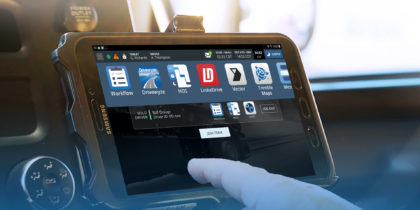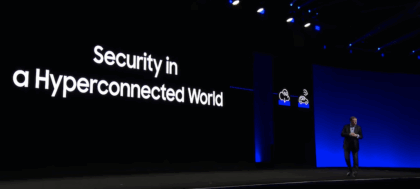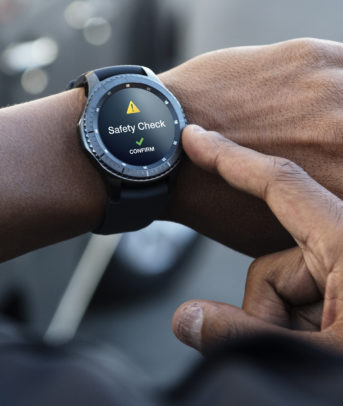When the Internet started to become mainstream in the mid-1990s, the potential was there to revolutionize the business world. Yet before email, mobility and the Internet of Things (IoT), there were few applications to use in daily life and at work. It was perfectly feasible for a business to thrive in the global economy without making use of the Internet. Email and web pages became the first use cases, enabling users to send and receive information much faster than was previously possible, and at lower cost. Yet up until this time, businesses without the Internet still functioned and could compete.
Gradually, each of the past 20 years has brought new use cases that have replaced pre-Internet tasks. Today, in Marc Andreessen’s words, software is eating the worldsoftware is eating the world. Every business and process is becoming an app. The question has gone from how to use the Internet for business to whether business today could survive without it. The first wave of the Internet has enabled the transfer and widespread availability of data generated by humans, computers and businesses. Now, the second wave of the Internet is upon us — that of connected devices and intelligent machines.
Prepare for the Second Wave of the Internet
The data generated by the Industrial Internet of Things is increasing rapidly in both volume and value. Although device telemetry has been available for many years, it hasn’t been widely distributed. For example, jet engines have used sensors and telemetry for decades to attain extremely high levels of reliability, with thousands of commercial airplanes taking off and landing every day. The airline industry and companies in advanced manufacturing have attained operational excellence, combining high productivity and reliability. However, in the case of jet engines, the technology used to capture, analyze and act upon data represents a steep investment based on proprietary protocols and limited collaborative capabilities.
The IoT democratizes all this by making data from devices and equipment available and affordable to all. The process of connecting devices, sending data, storing it and triggering events based on automated rules is now easier and more powerful than ever before using Samsung ARTIK Cloud.
Operational Excellence in the Age of the IoT
Device data offers unique business value. When preparing a financial report, daily batch and aggregation of data comes in handy, as does the ability to pull reports from adjustable time frames. However, when it comes to data on the temperature of a device or target metrics, daily updates aren’t enough — information about a change in value must make it to the right user in real time. The value of information becomes a function of how fast it can be sent in an actionable format.
Similarly, siloed systems for device telemetry have kept important information locked between users, or shared over email, at best. Now, however, the technology exists to make business data available for collaboration through secure enterprise social networks. If business data can be exchanged in real time over an enterprise mobile app, why not enable collaboration on machine data in the same way?
Timing has traditionally presented an obstacle to this goal, since data analysis is often completed outside of normal business hours. The solution to this challenge is to make device data not only available in real time, but embedded in the core business workflow of enterprise applications. Samsung ARTIK Cloud provides the platform to equip your business with sensors and store the data they produce in its IoT cloud. At Digibe, which delivers products from the industrial Internet to help customers optimize assets and connect data, we use Samsung’s ARTIK Cloud to make data insightful and collaborative as part of customers’ core processes, enabling them to measure the metrics that matter and take action.
Similar to the first wave of the Internet, soon every business seeking operational excellence will rely on the insights and smart automation of connected devices in the enterprise. Samsung ARTIK Cloud users can learn more about Digibe and request a free trial account here.
Learn how the Internet of Things is transforming businesses and improving living standards.







